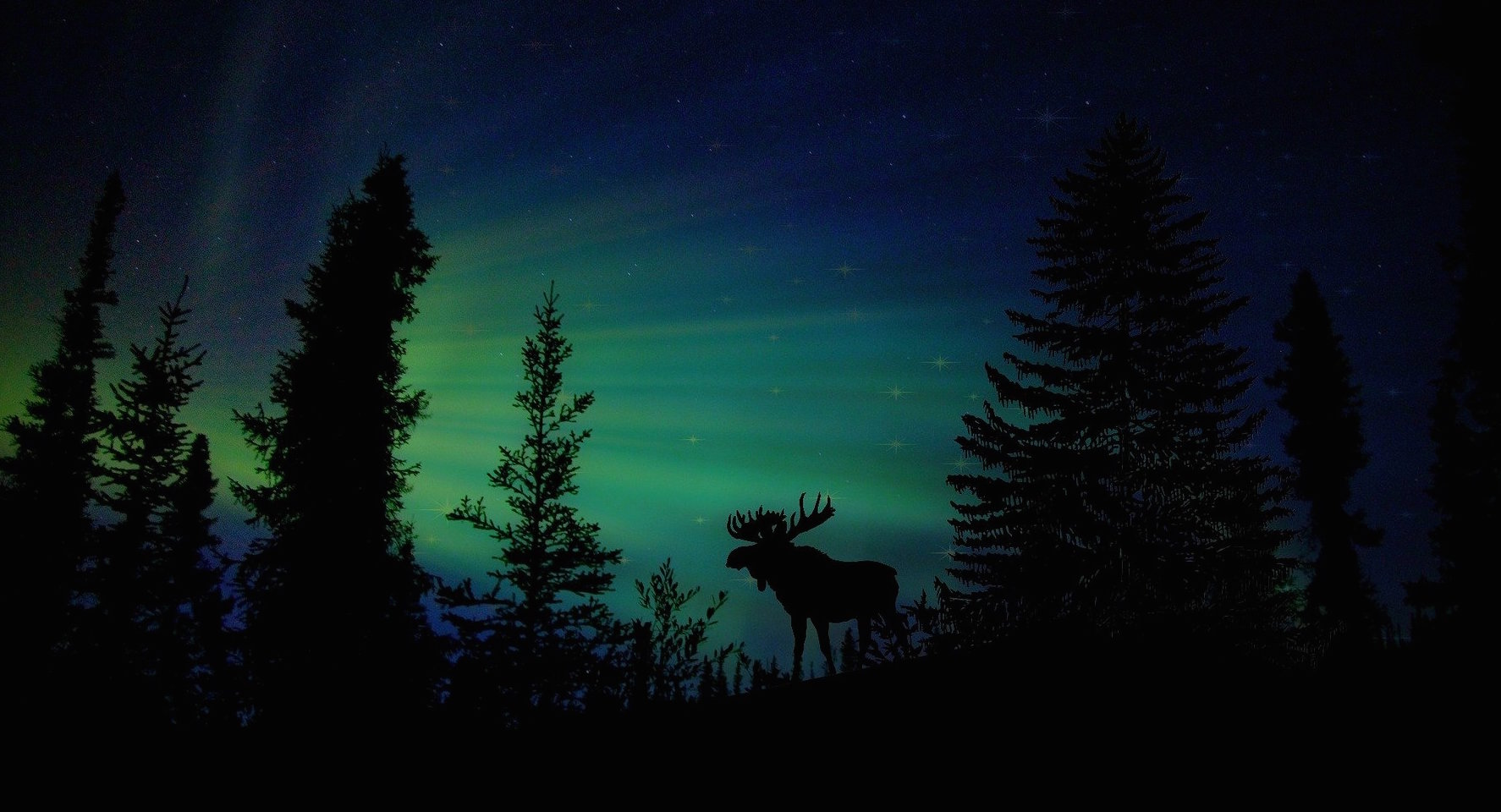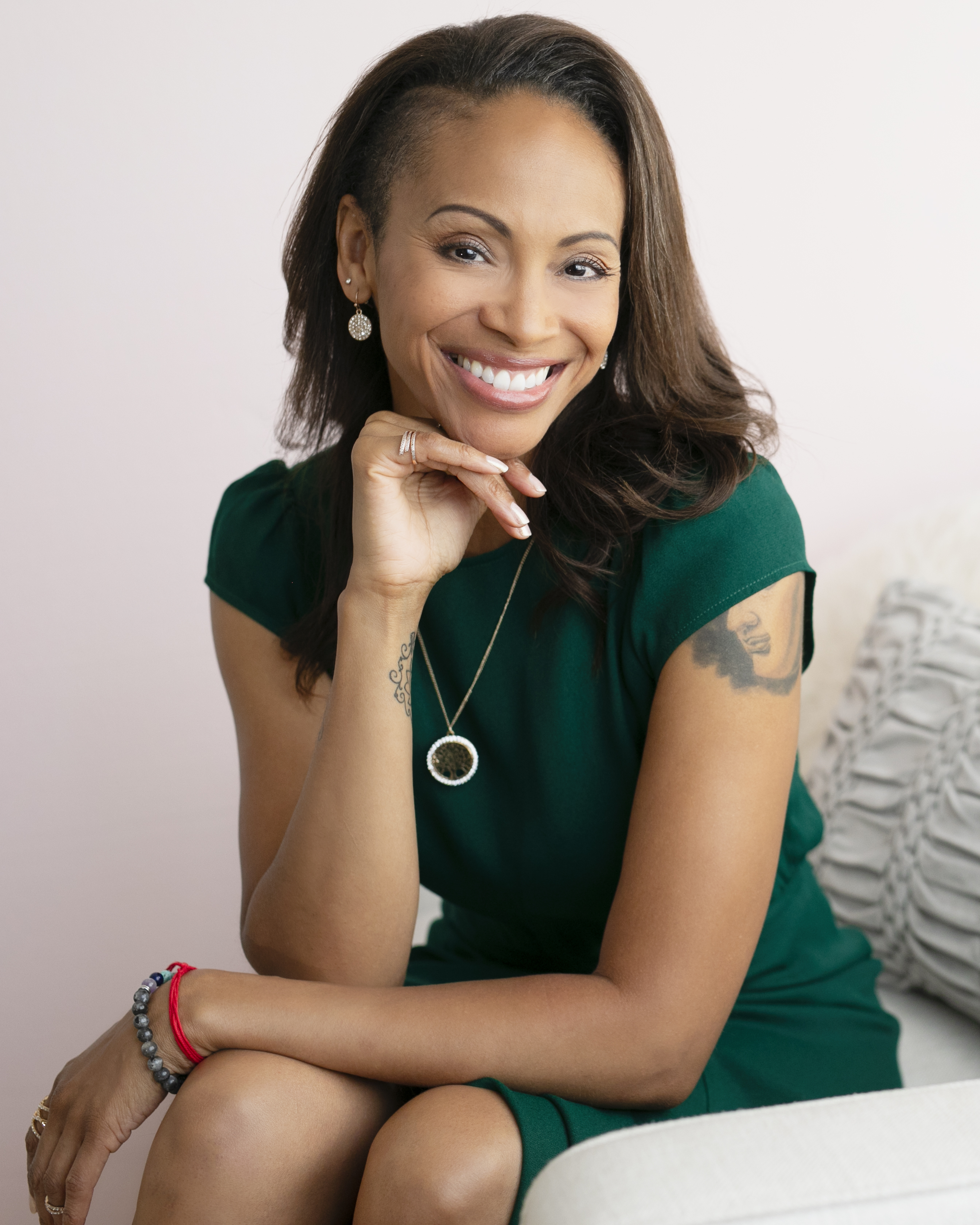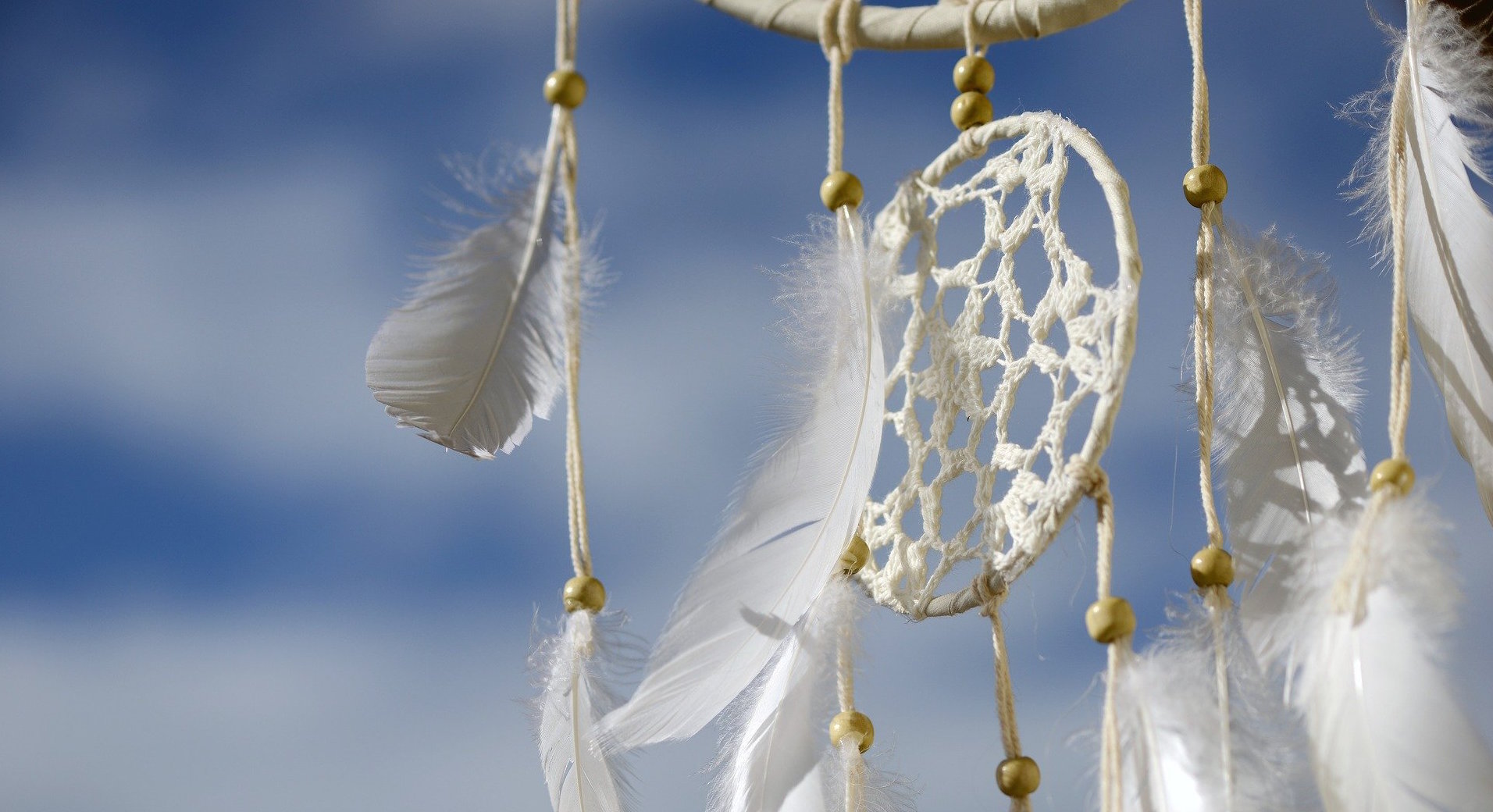Have you ever felt the need to hide or even deny your spiritual ‘woo woo’ side? Many of us learnt to as children, as perhaps our families and friends, maybe even our school teachers, would tell us we were “just imaginative” – giving even the word ‘imagination’ a negative connotation.
One of the authors in our new book, The Top 10 Traits of Highly Resilient People, had to overcome negativity and being shunned, not just in childhood, but in the early years of her career too. This eventually led to her shutting down her natural gifts to feel safe among her peers.
Catherine McLeod bravely claimed her gifts back in adult life and I can’t wait for her to share her story with you! Today, a part of Catherine’s work is to help other women to embrace their natural intuition and their gifts.
Dr. Andrea – So you told me you were a pretty fearless kid, particularly before you started to turn off your gift of intuition.
Catherine – Yeah, exactly. I was always up for adventure, and the first one up to try something new. But I also could see spirit as well, and I guess that was a part of my fearlessness too.
It was exciting and didn’t scare me because at that age I thought everyone could see them. It was a bit of a shock to me to realize that not everybody could!
That was a weird journey, which I think a lot of intuitives experience.
Dr. Andrea – What sort of things could you see?
Catherine – Well, the first thing I remember what just after my father had read my sister and I a story about Morris the Moose and Boris the Bear. He switched the lights out and I could see this moose at the end of my bed.
I live in Australia and we don’t have moose here. And I said, “Dad! Morris the Moose is here!”
Of course he told me I was dreaming and to go back to sleep.

After I saw the moose then I started to see people. All sorts of people who I didn’t know. It felt like friends coming to visit, and they were all ages, from children up to and including my grandparents and other older people who I didn’t know.
When I lived in Scotland it was very active over there, with there being lots of historical buildings. Places that I lived had lots and lots of activity.
What I found was that the ones who came were stuck and needed some help to move on. That’s part of what I do with them, just help them to move on.
Dr. Andrea – I’ve heard that a lot from people. That sometimes it’s not just a ‘haunted house’, but there are spirits that are literally stuck, and maybe they are confused.
So what do you think the story was with the moose?
Catherine – I think it was a way for spirit to say to me, “You can see us, but we don’t want to scare you.”
As I was comfortable with reading about the animals, so as their way of saying ‘we’re not scary’ having just read about Morris the Moose – that’s my interpretation of it. I could be completely wrong! But that’s how I feel about it.
Dr. Andrea – I really like that explanation of it. As a child, I like you had a sense that I was really connected to the spirit world. I’d heard an adult as one of my mother’s events talking about how all of us have angels and guardians around us, and that if we would just call on them, they could help us navigate out of trouble for example.
I remember going back to my bedroom and saying something like, “If you guys are really here, please don’t freak me out! Don’t scare me, don’t appear!”
But I think I also started to turn it off, especially when hearing from other people at school who didn’t believe in being able to see things, or the pre-cognitive dreams that I had. So I’m glad that your moose friend was gently welcoming you to the spirit party.
But you describe in your chapter of the book that you also at one point decided to turn off your gifts, and in particular your gift of intuition. Tell me about that.

Catherine – So as a child, a teenager, and even into my early twenties I followed my intuition because it was so strong, and it helped me a lot in my life. Then as I got older, and further into my twenties I ended up being around people who didn’t understand. They didn’t experience anything like I had experienced.
I was in a science-based career, like yours, and in this world, this stuff just doesn’t exist. I think it was a coping mechanism and a way for me to not feel like a freak – because I did when I was around a lot of those people.
Some of them even ridiculed me and put me down, and that didn’t feel good. So as a safety mechanism I shut it down, and that was a conscious decision because I just didn’t feel safe.
A few years down the track I realized that was not the right decision to make…
Watch Catherine’s full interview here on YouTube, and you can get a copy of The Top 10 Traits of Highly Resilient People here on Amazon.


